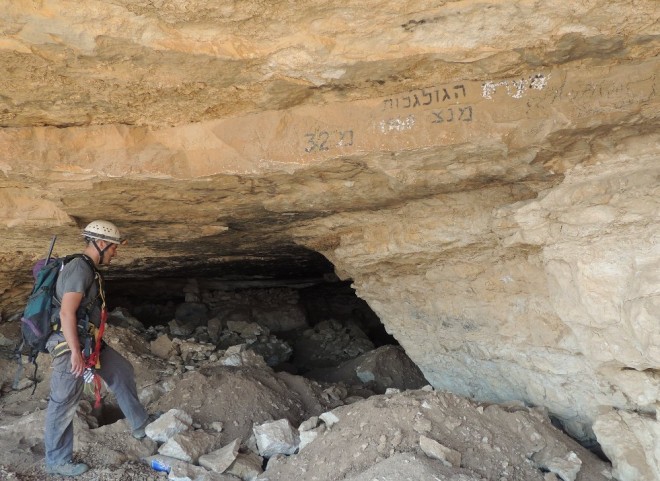
Last weekend, a gang of antiquities thieves were caught in the act of cave-robbing by inspectors of the Unit for the Prevention of Antiquities Robbery (UPAR) of the Israel Antiquities Authority (IAA), with help from the Arad Rescue Unit. It was the first time in 30 years that relic robbers were captured while plundering. The suspects are six men from Seir village near the West Bank city of Hebron.
The Arad police were conducting routine training that morning and noticed suspicious movement in a cave on a distant cliff in Nahal Ze’elim. They immediately alerted UPAR inspectors who arrived on site with surveillance equipment that enabled them to observe and document the activity.
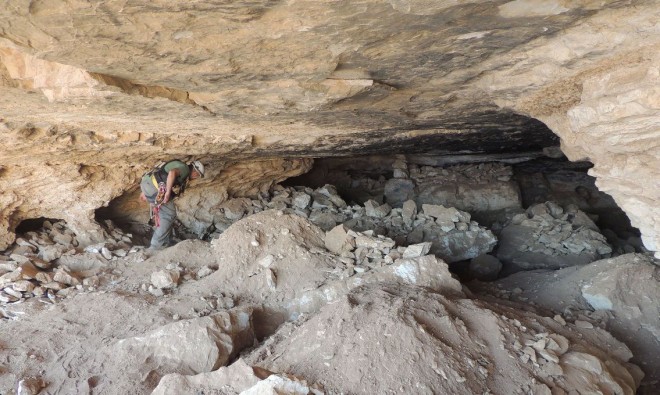
The cave is known as “The Cave of the Skulls” sited in an area known as “Leopard’s Ascent”.
Robbed by goat cliff
It is 70 meters below the cliff-top plateau and 150 meters above the valley and can only be reached via a narrow goat path that threads through upright bedrock walls.
The IAA said it observed the suspects carrying out “illicit excavation using a metal detector and a large amount of excavating equipment.” The robbers caused extensive damage to the cave by digging through layers of earth while destroying archaeological strata and historical evidence from the Roman period dating 2,000 years ago and the Chalcolithic period five thousand years back.
IAA inspectors captured the suspects at the top of the cliff; the thieves were carrying ancient artifacts, including a 2,000 year old lice comb from the Roman period (image below).
“The robbers attempt to locate and find Dead Sea scrolls, pieces of ancient texts and unique artifacts that were left in the caves, particularly during the Great Revolt against the Romans in 66–70 CE and the Bar Kokhba Revolt in 132–135 CE, when Jewish fighters fearing the Roman army sought refuge in the desert,” said UPAR director, Amir Ganor.
In a press release, Ganor said, “For many years gangs of antiquities robbers have been operating along the Judean Desert cliffs. The robbers attempt to locate and find Dead Sea scrolls, pieces of ancient texts and unique artifacts that were left in the caves, particularly during the Great Revolt against the Romans in 66–70 CE and the Bar Kokhba Revolt in 132–135 CE, when Jewish fighters fearing the Roman army sought refuge in the desert.
“These are sold for large sums of money in the antiquities markets in Israel and around the world.”
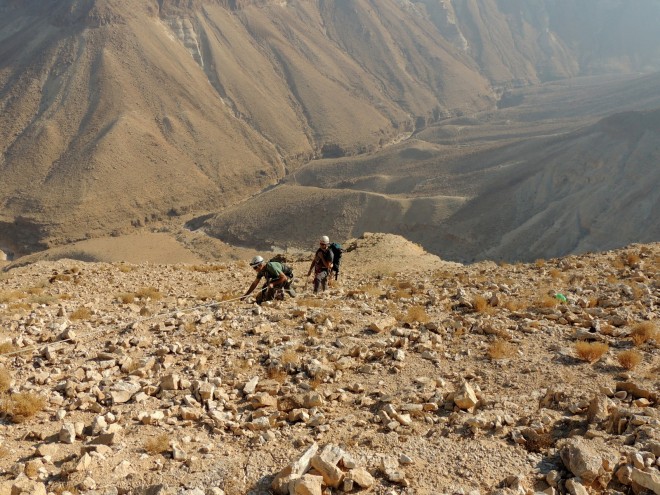
He added, “What makes the Judean Desert so unique is its dry climate that enable the preservation of rare leather, bone, and wooden objects, including the scrolls, parchment and papyrus, on which various texts were written. Over the years many of the plundered finds reached the antiquities markets in Israel and abroad, but it has been decades since perpetrators were caught red-handed. This is mainly due to the difficultly in detecting and catching them on the wild desert cliffs”.
A special operation to foil robbers was part of a complex operation which had been underway for over a year.
Excavating in antiquities sites without a license and destroying an ancient site constitute a severe violation of the law, and can result in prison sentences of up to 5 years. Additional suspects will be investigated in connection with this theft and others in the region.
Images used with permission from the IAA

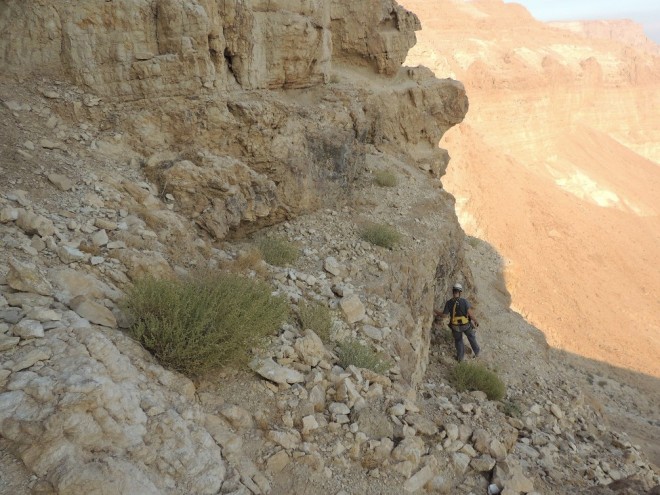
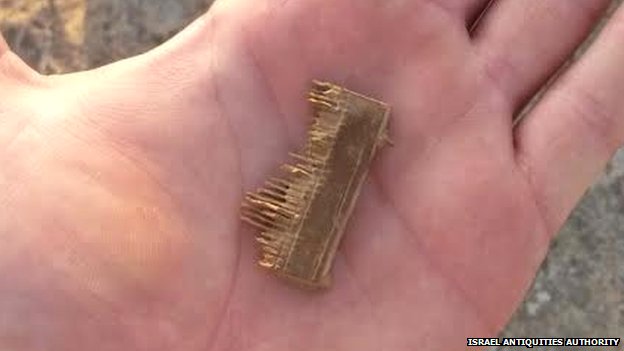
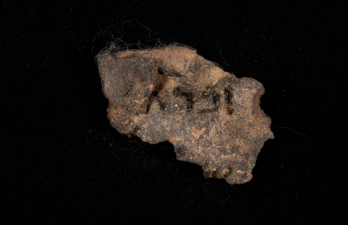
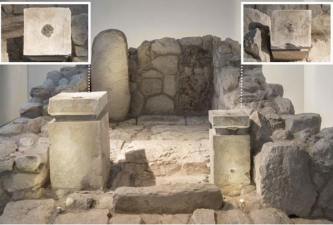
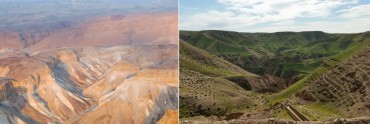
Comments are closed.